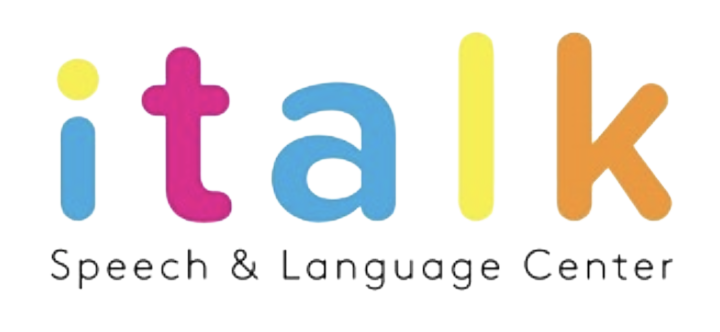
Language Therapy
Our language therapy offers comprehensive support to enhance children's language skills, fostering their ability to comprehend, express, and engage effectively in various communication contexts.
-
There are two primary types of language disorders.
Receptive language disorder is a communication challenge that primarily impacts children’s ability to grasp and comprehend spoken or written language.
Expressive language disorder is a communication challenge that primarily impacts an children’s ability to communicate thoughts, feelings, and ideas using words, gestures, and facial expressions.
It's important to note that some children may experience only receptive or expressive language disorders, while others may have a combination of both, known as mixed receptive-expressive language disorder.
Each type of language disorder requires tailored assessment and intervention to support children in developing effective communication skills.
-
Children with specific language impairment (SLI)
Children with learning disability
Children with developmental delay
Children with ADHD / ADD
Children with autism spectrum disorder
-
Children's language development is vital for cognitive, social, and emotional growth. Strong language skills facilitate meaningful interactions, academic success, and emotional regulation.
Early intervention is key for children with language disorders due to their adaptable childhood brains. Specialized support and therapy during this time can help bridge gaps, improve communication skills, and reduce long-term impacts on education and social development.
-
Our treatment approach for children with language disorders is shaped by:
Personalized language therapy utilizing tailored strategies.
Developing custom treatment plans grounded in comprehensive assessments.
Crafting materials and resources aligned with each child's unique learning style.
Empowering parents to extend therapy's impact at home.
Providing bilingual services that cater to distinct linguistic requirements.
